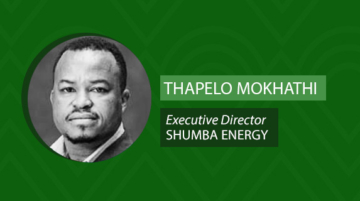China’s ties with Zimbabwe are either going off the rails or are among the strongest most dynamic in Africa depending on who you listen to. Mounting civil society anger towards Chinese companies and their apparent disregard for local labor and environmental standards is becoming a huge problem. But at the same time, Chinese banks and enterprises are making huge investments in Zim’s energy, mining, and telecommunications infrastructure that’s bringing badly needed jobs to this embattled country.
Prolific Mataruse, a political science lecturer at the University of Zimbabwe, closely follows Chinese economic trends in Zimbabwe. He recently contributed two chapters on the subject to a new China-Zim Economic Handbook published by the Zimbabwe Environmental Law Association and joins Eric & Cobus to discuss his findings.












